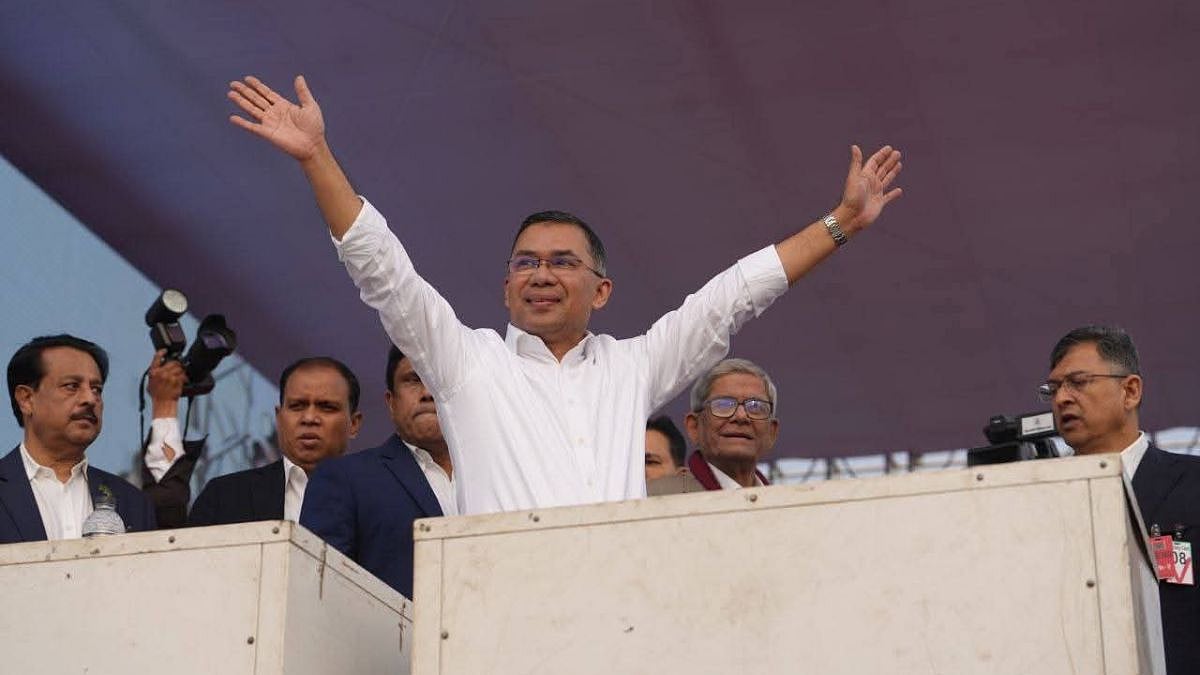Punjab's strongman, the inimitable Captain Amarinder Singh, has taken the Centre head on by giving the thumbs down to the agricultural reforms of 2020. In so doing, he has junked suggestions for the economic revival of the state made by economist Montek Singh Ahluwalia, a key figure in the erstwhile UPA government.
Back in August, an expert committee led by Ahluwalia had made some pertinent proposals related to agriculture: rationalisation of power subsidies, a thrust towards crop diversification and more space for private players, including corporates. All the recommendations were very much in line with the spirit and intent of the new Central legislations.
The Punjab assembly's laws overruling and supplementing those of the Centre will obviously not stand legal scrutiny, as they are unlikely to receive presidential assent, which is mandatory. However, they might have the effect of discouraging the private sector - even more than it already is, thanks to high mandi fees - from venturing into Punjab.
The Central law had ruled out market fees or licences for private mandis and/or players operating outside the government-run APMC mandis. Punjab has rejected this provision and insists that fees can be levied on private traders, including e-traders. Further, penalising purchase of foodgrains below the MSP (minimum support price) notified by the Centre, will discourage traders.
Ahluwalia's report was in favour of expanding the role of the private sector, which is seen as essential in enabling crop diversification. This, according to the report, was a key element going forward. The reason being that the wheat-paddy cycle followed by the farmers has depleted the state of both finances and water.
In order to grow paddy, farmers need water. A single kilo of rice demands 3,000 to 7,000 litres of water, depending on the variety. Close to 30 lakh hectares of paddy are cultivated every year and much of it is exported – along with the water embedded in the agricultural produce. The major component is groundwater, on which three-quarters of Punjab's farmers depend.
As a result of this 'virtual water export', Punjab is in very real danger of depleting its groundwater. A report by the Central Ground Water Board has red-flagged the falling water tables, pointing out that in the next decade, farmers may have to drill down to more than 300 feet to find water. The gap between annual water recharge and withdrawal has widened inexorably.
Paddy continues to be a viable crop for Punjab farmers for two reasons: first, groundwater is virtually free thanks to the state's power subsidy and second, the MSP at which the state and central government agencies procure paddy is increased every year. In effect, the power subsidy is not only ecologically destructive, but – as the expert committee's report pointed out – puts an “unsustainable burden on the state’s budget”.
It recommended progressively reducing the area under paddy, by at least 10 lakh hectares in the next few years. Haryana has already started doing so, by incentivising farmers to give up paddy in favour of other crops like maize. Unless Punjab follows suit, agriculture will become unsustainable in the near future.
The other fallout of paddy cultivation is air pollution. Every year, Delhi is covered by a pall of smoke from thousands of farm fires in north India. Since paddy straw cannot be used as fodder and clearing it manually or mechanically is an expensive exercise, farmers prefer to prepare for the rabi sowing by setting fire to their fields. The practice is time-efficient, given the very short window between the kharif harvest and rabi sowing. However, it not only has an adverse impact on human health in terms of toxic smoke, but undermines soil fertility.
Agricultural economists have been suggesting diversification into less water-intensive crops for decades, but Punjab is currently addicted to the MSP regime. Creating an ecosystem for the sale and marketing of alternative produce demands the involvement of the private sector. But Punjab's farmers are averse to open markets, because of the many risk factors involved. They would ideally prefer MSP even for diversified crops, but neither the state nor the Centre has been able to come up with a procurement model that will satisfy the farmers.
Although Punjab has tremendous agricultural potential, private traders may prefer to go to states which have a more liberal approach. As the expert committee observed, it stands to lose out in terms of investment by exporters, processors, etc. The removal of stock limits will encourage private sector investment in storage, but Punjab's negative attitude could put it at a disadvantage vis-a-vis other states. Even in terms of wheat procurement, it now takes second place to Madhya Pradesh.
Other Congress-ruled states, namely Rajasthan and Chhattisgarh, may follow Punjab. Last month, Maharashtra stayed the implementation of the farm laws. This makes it clear that the opposition to the agricultural reforms is purely political and has very little do with the long-term interests of the farm sector.
The writer is a senior journalist with 35 years of experience in working with major newspapers and magazines. She is now an independent writer and author.









